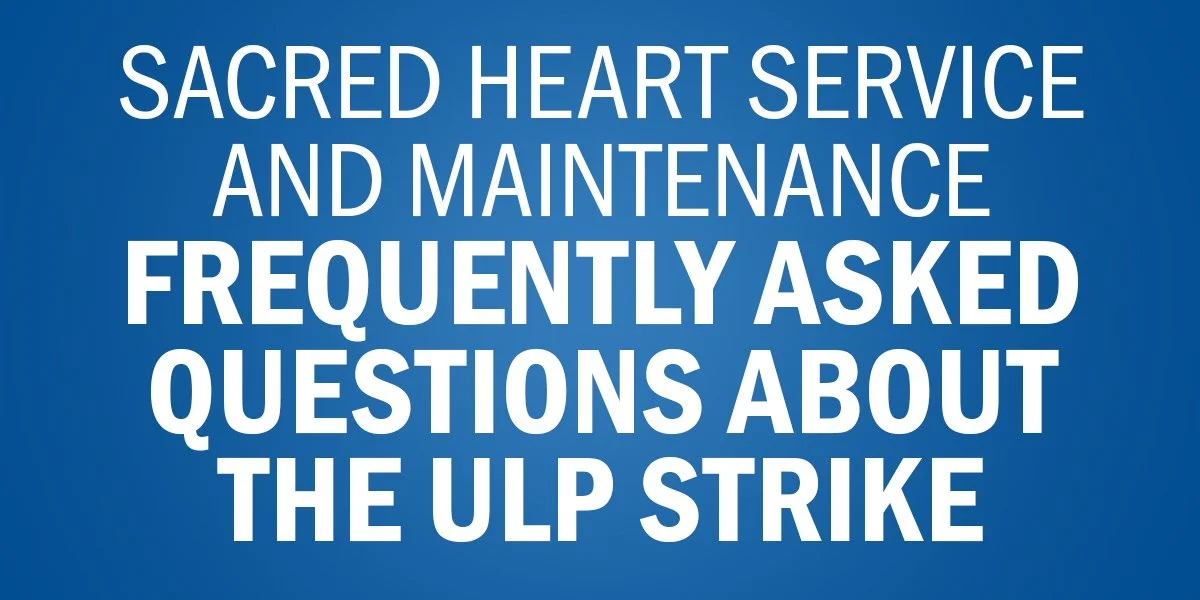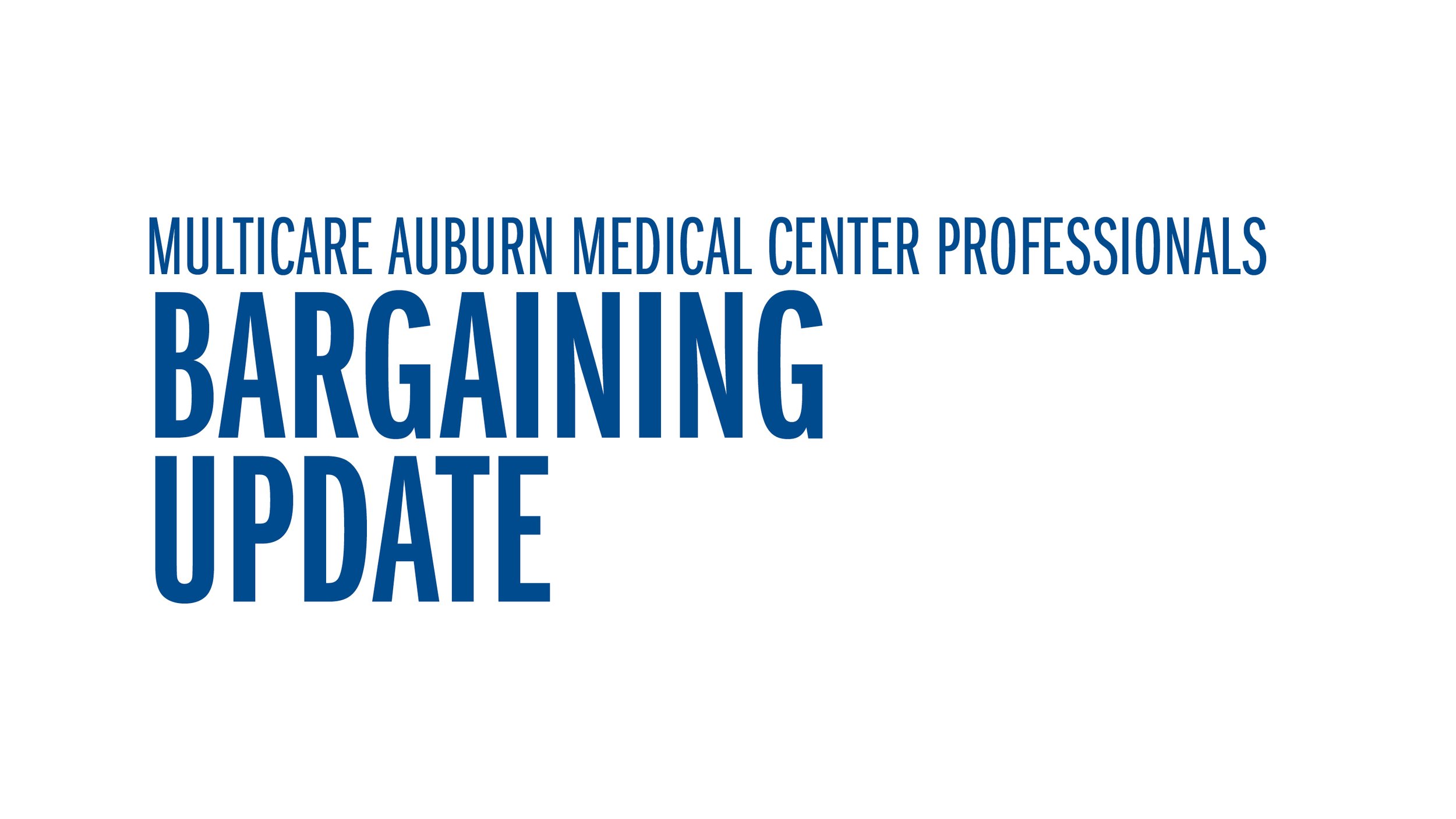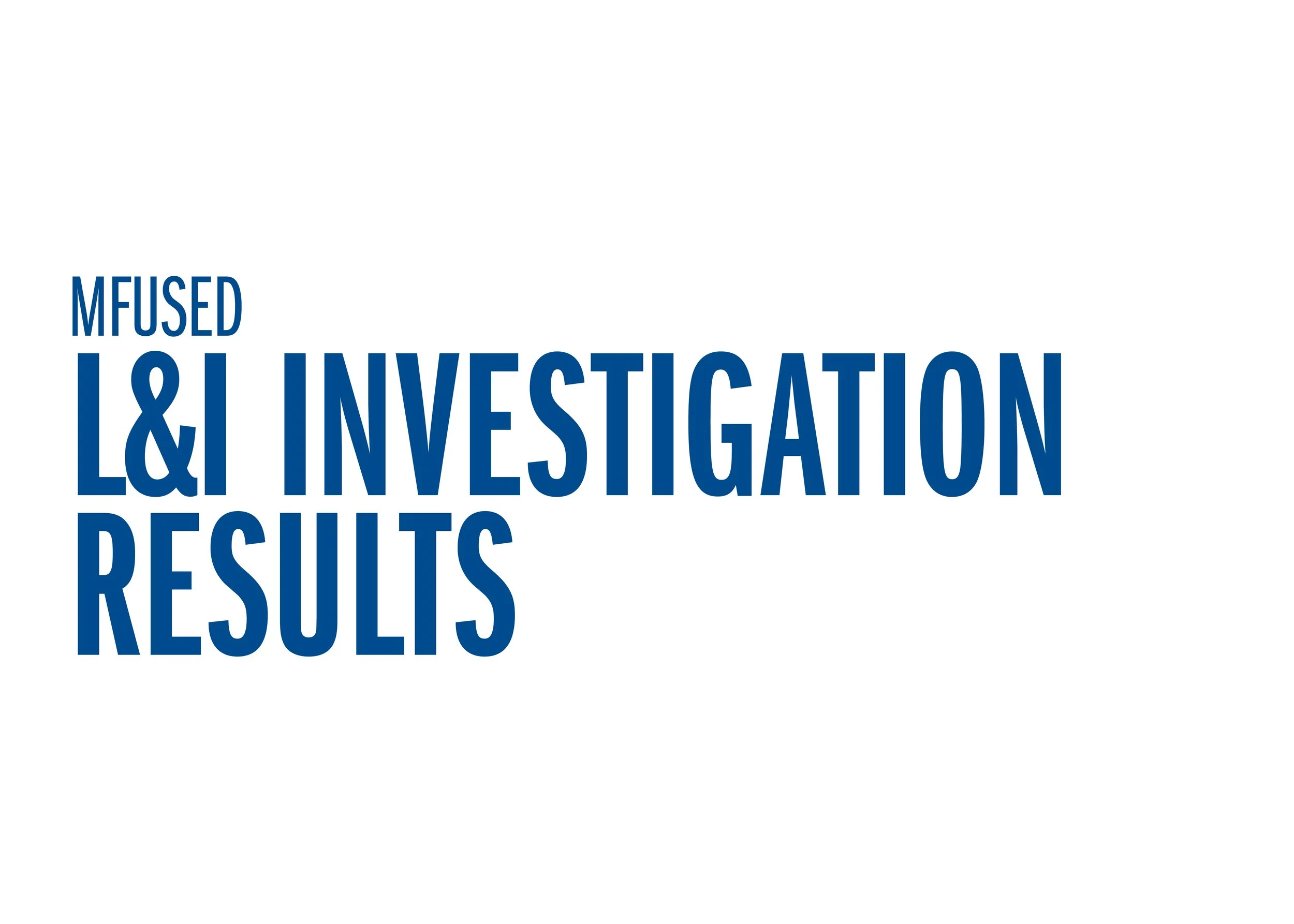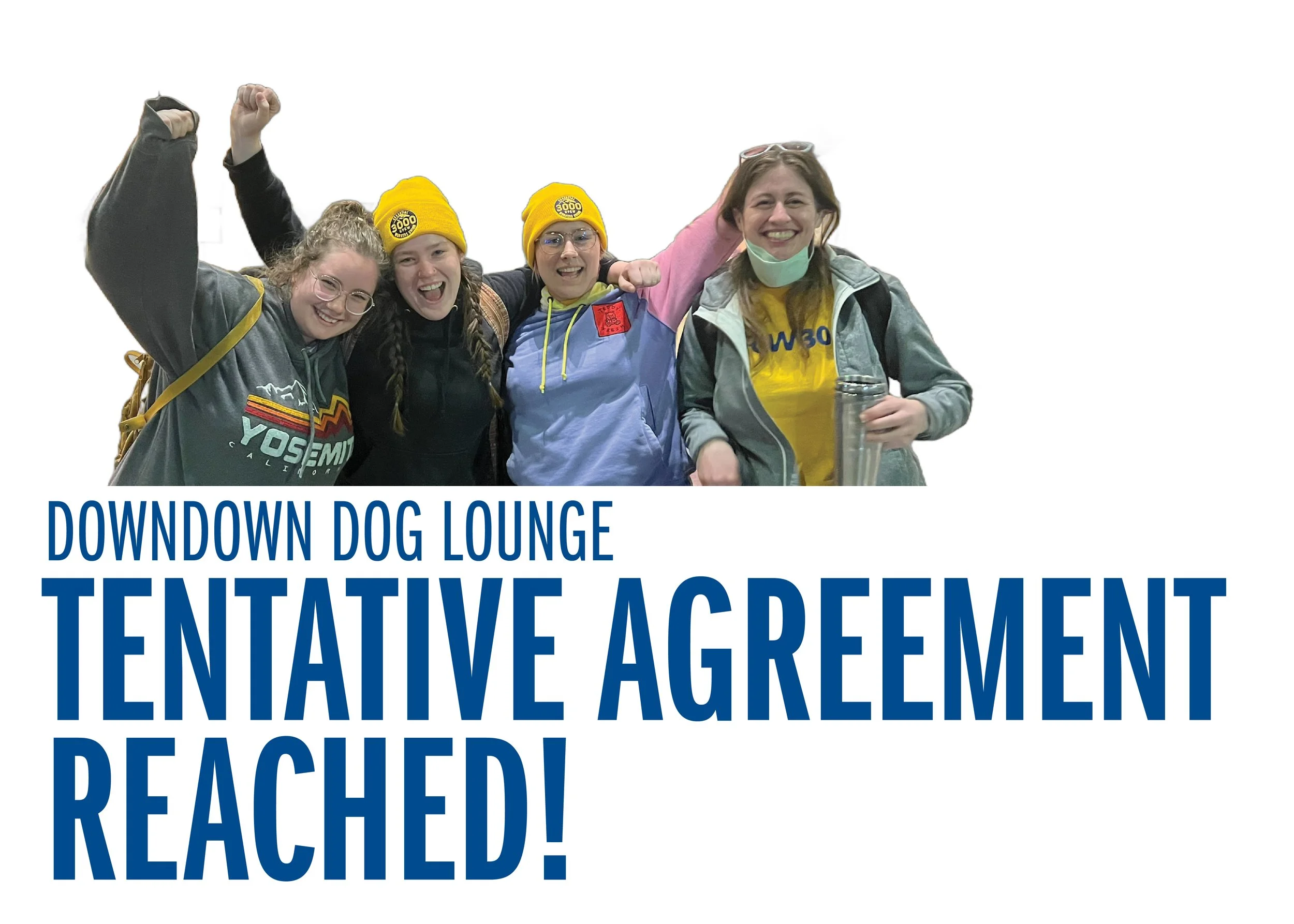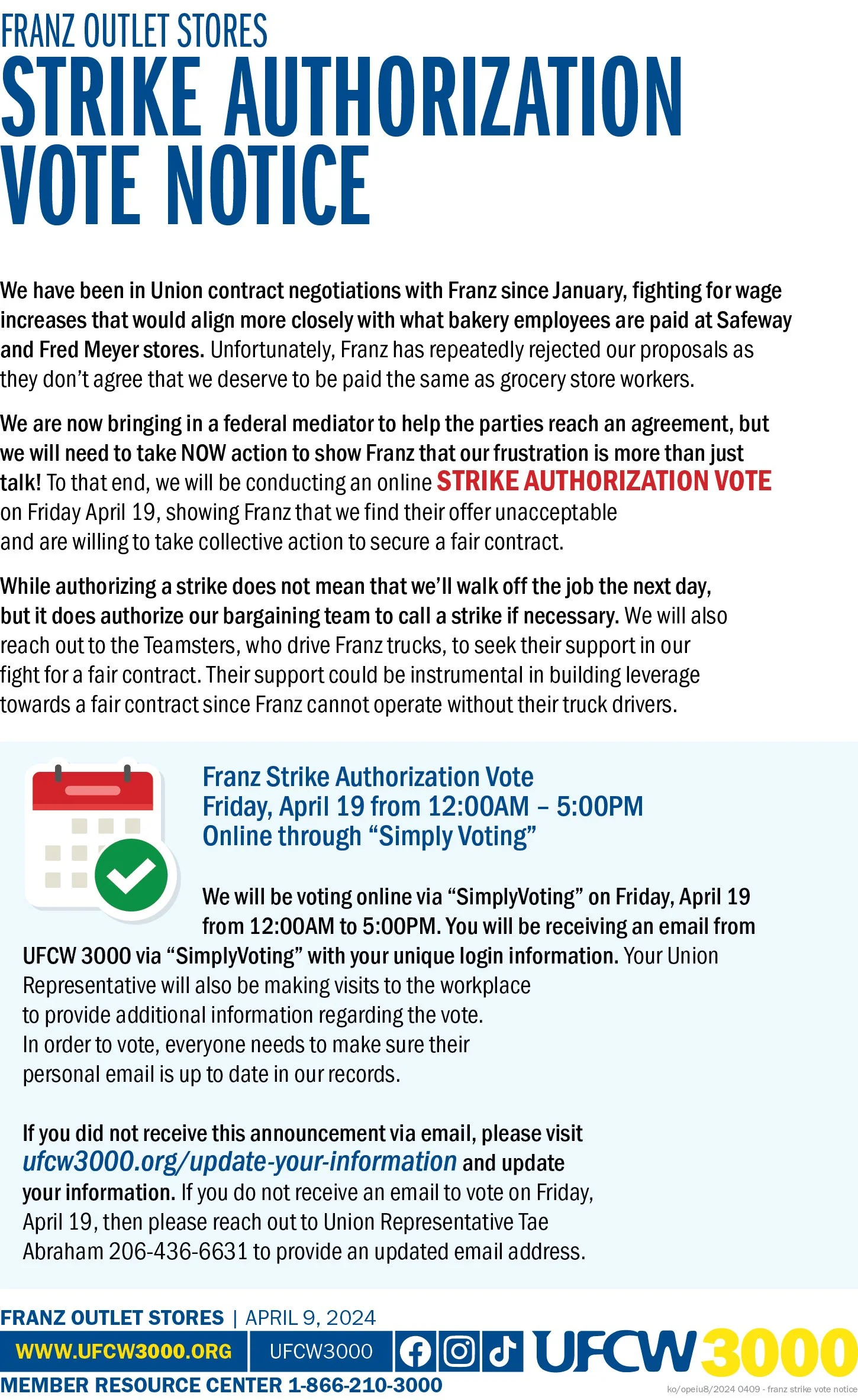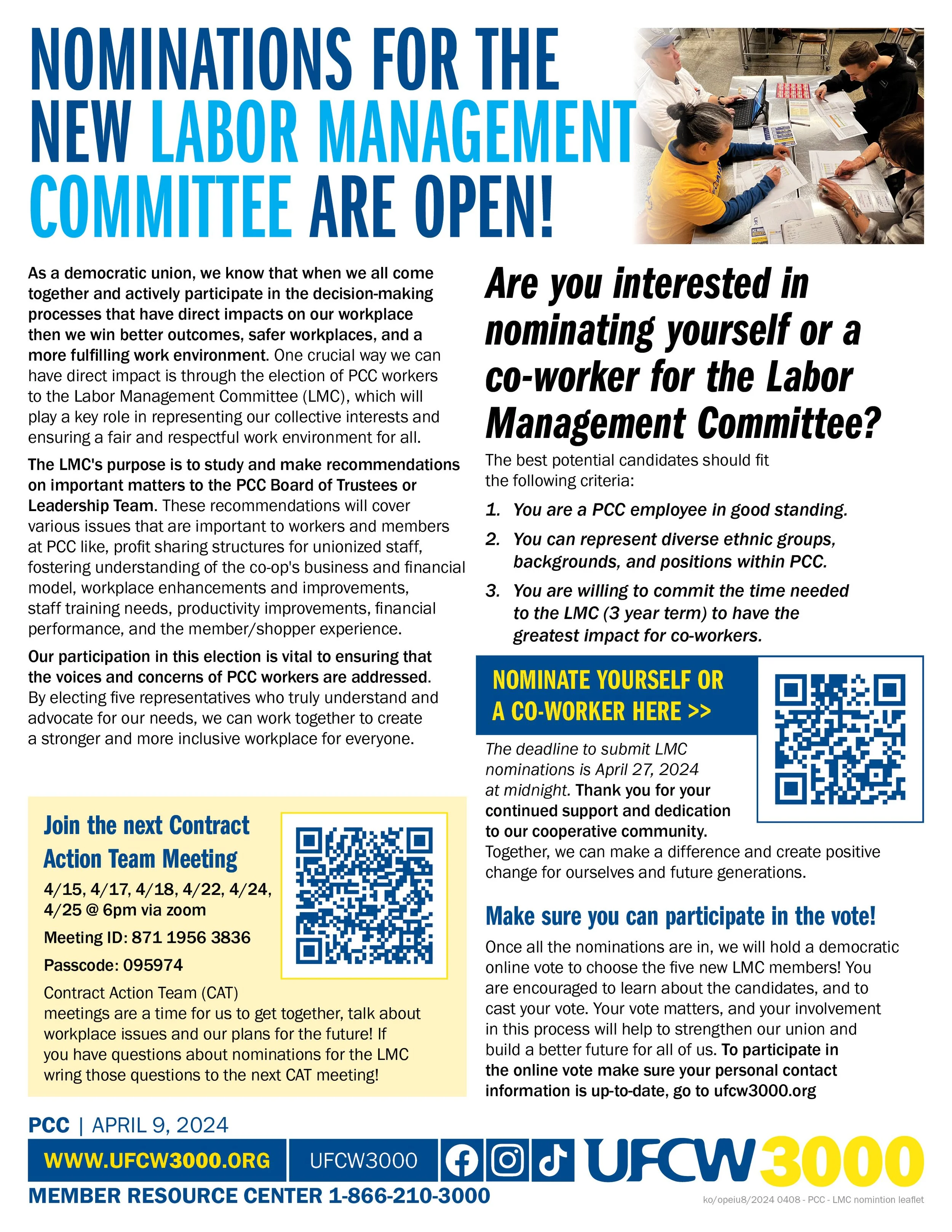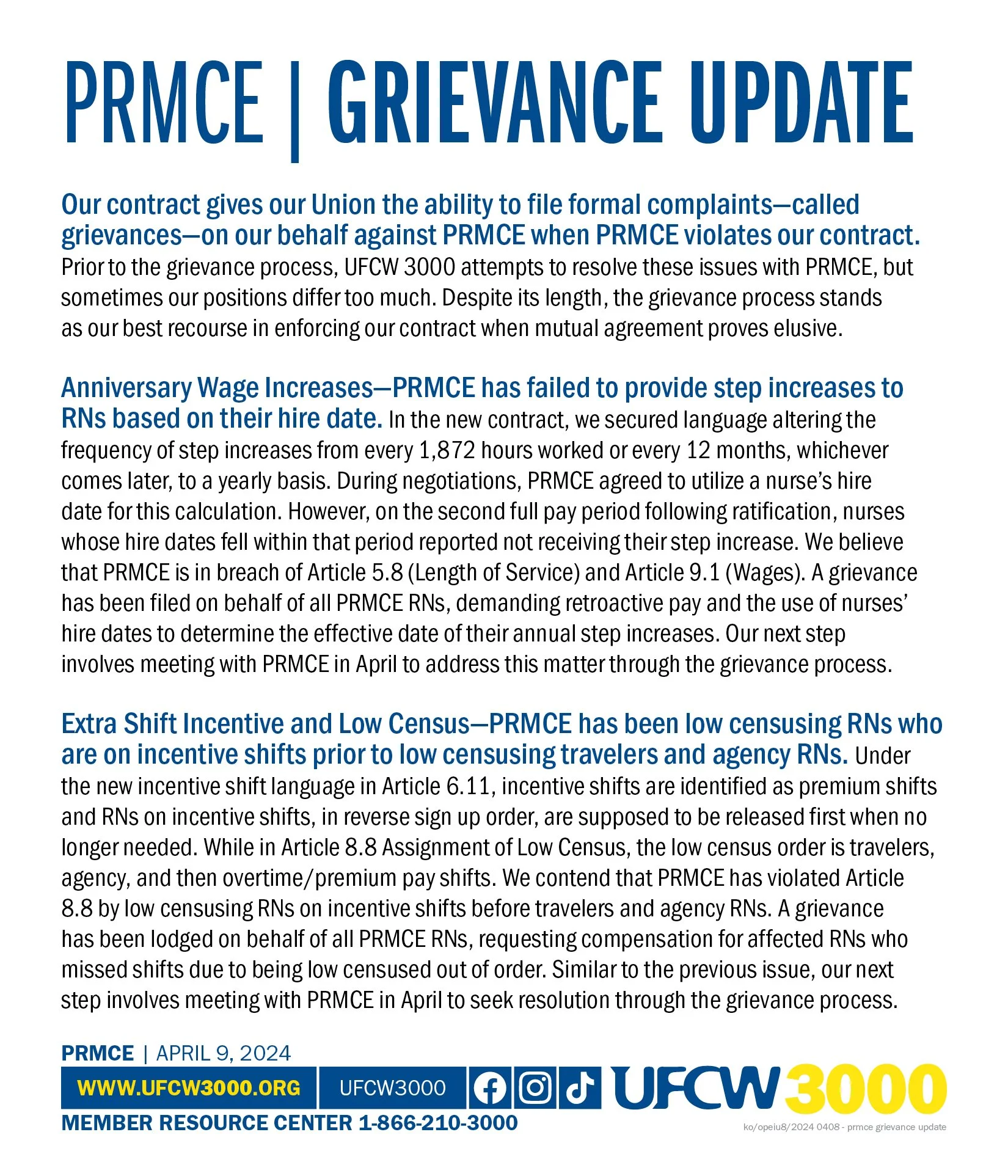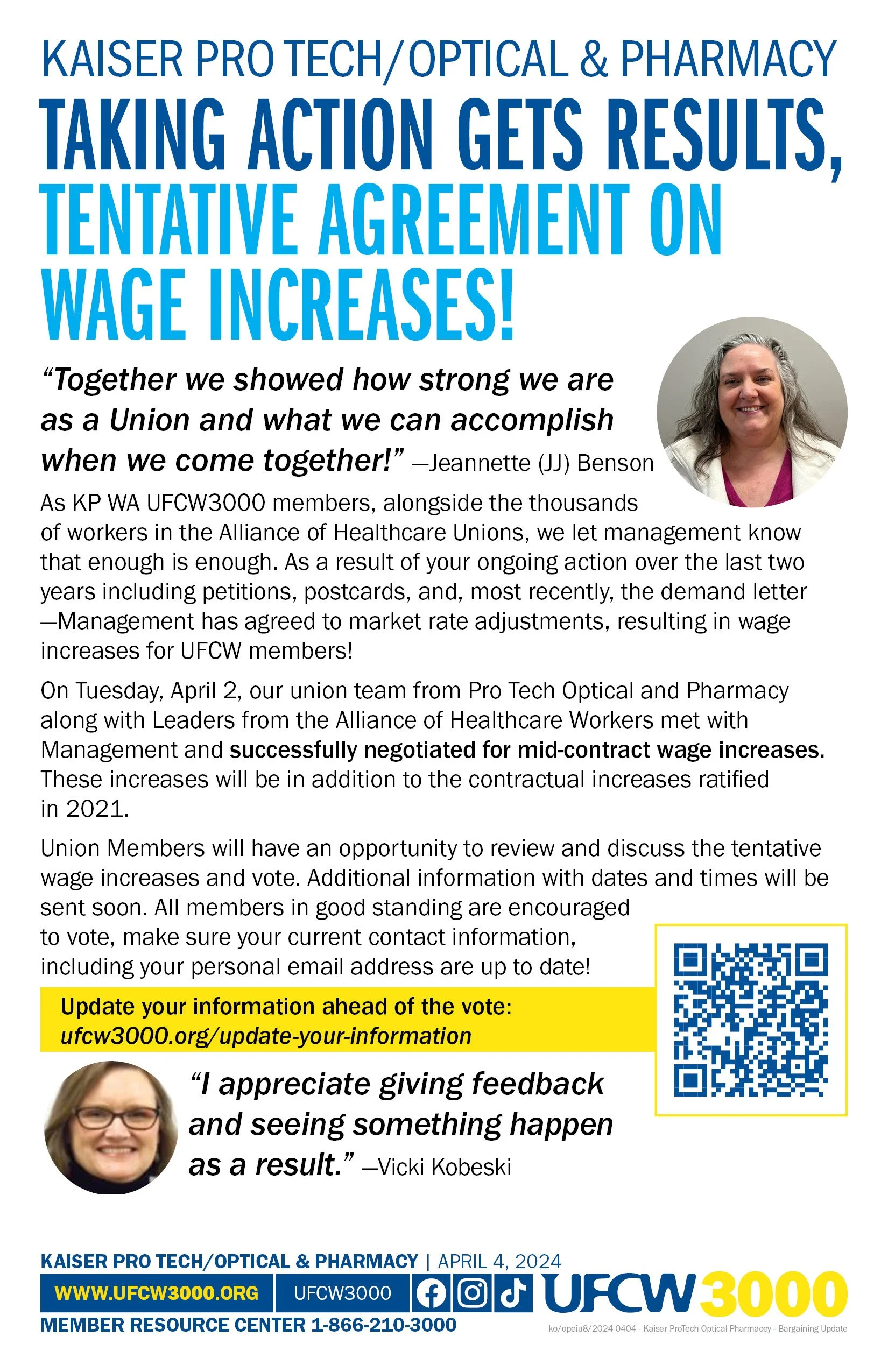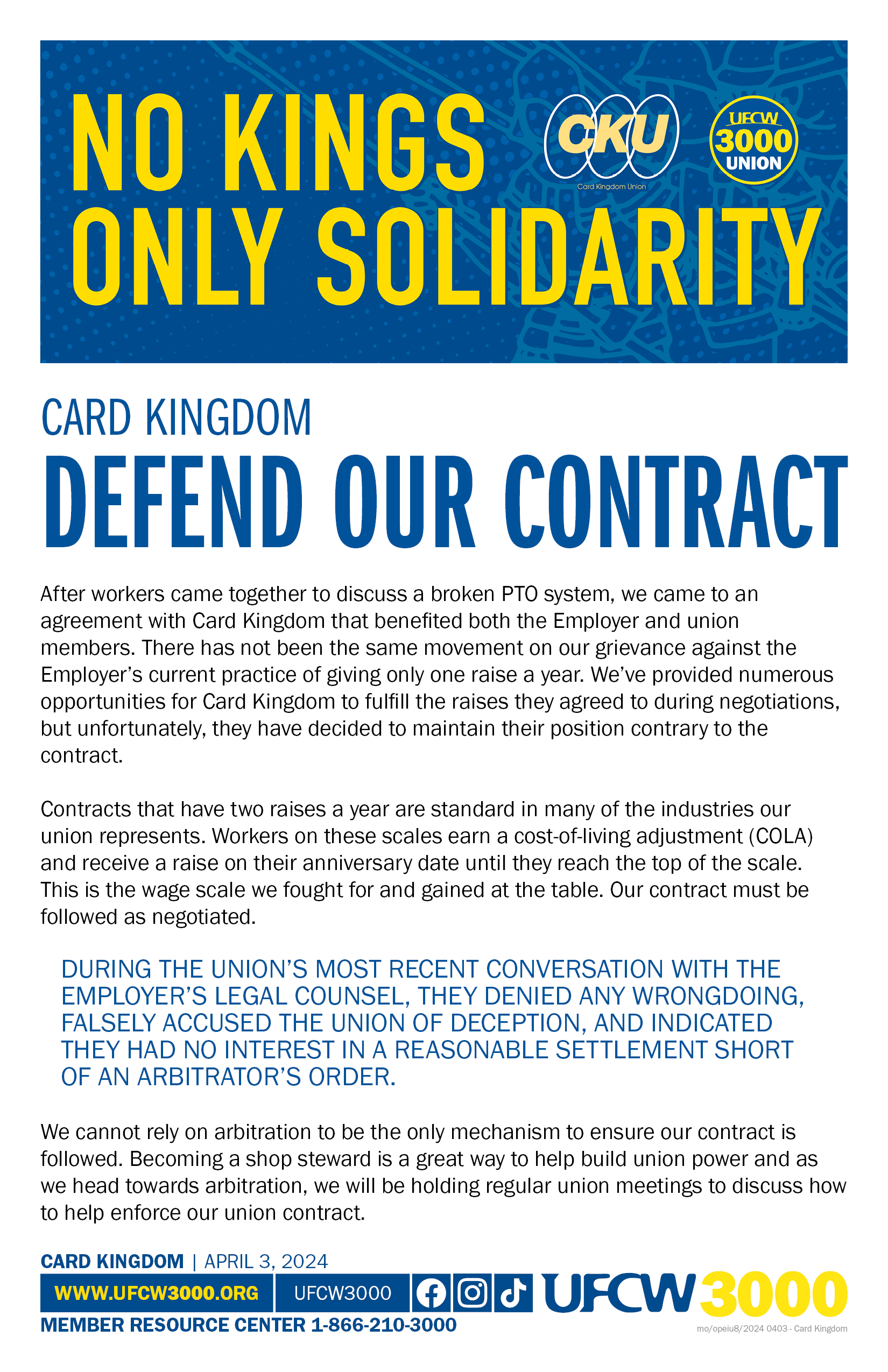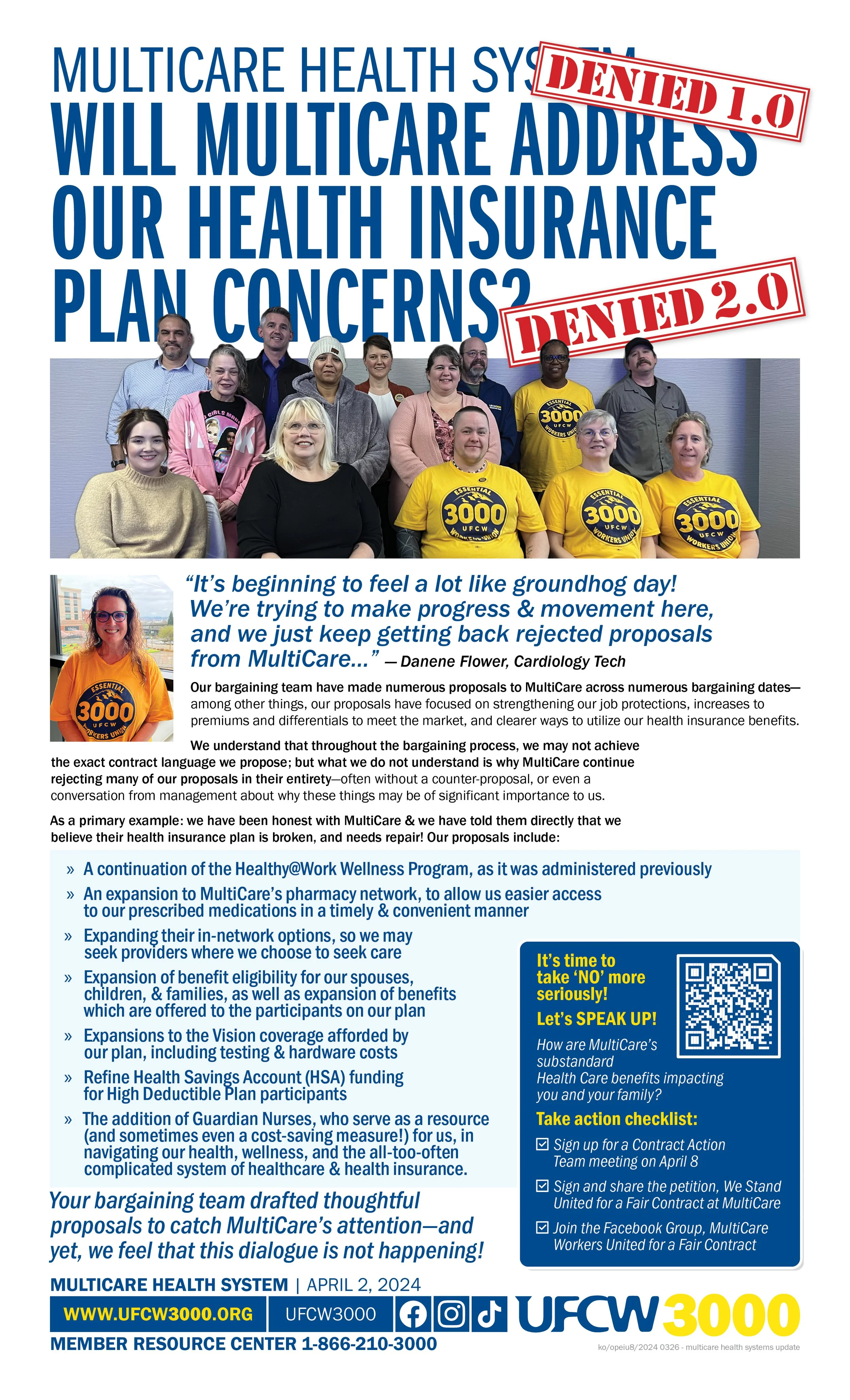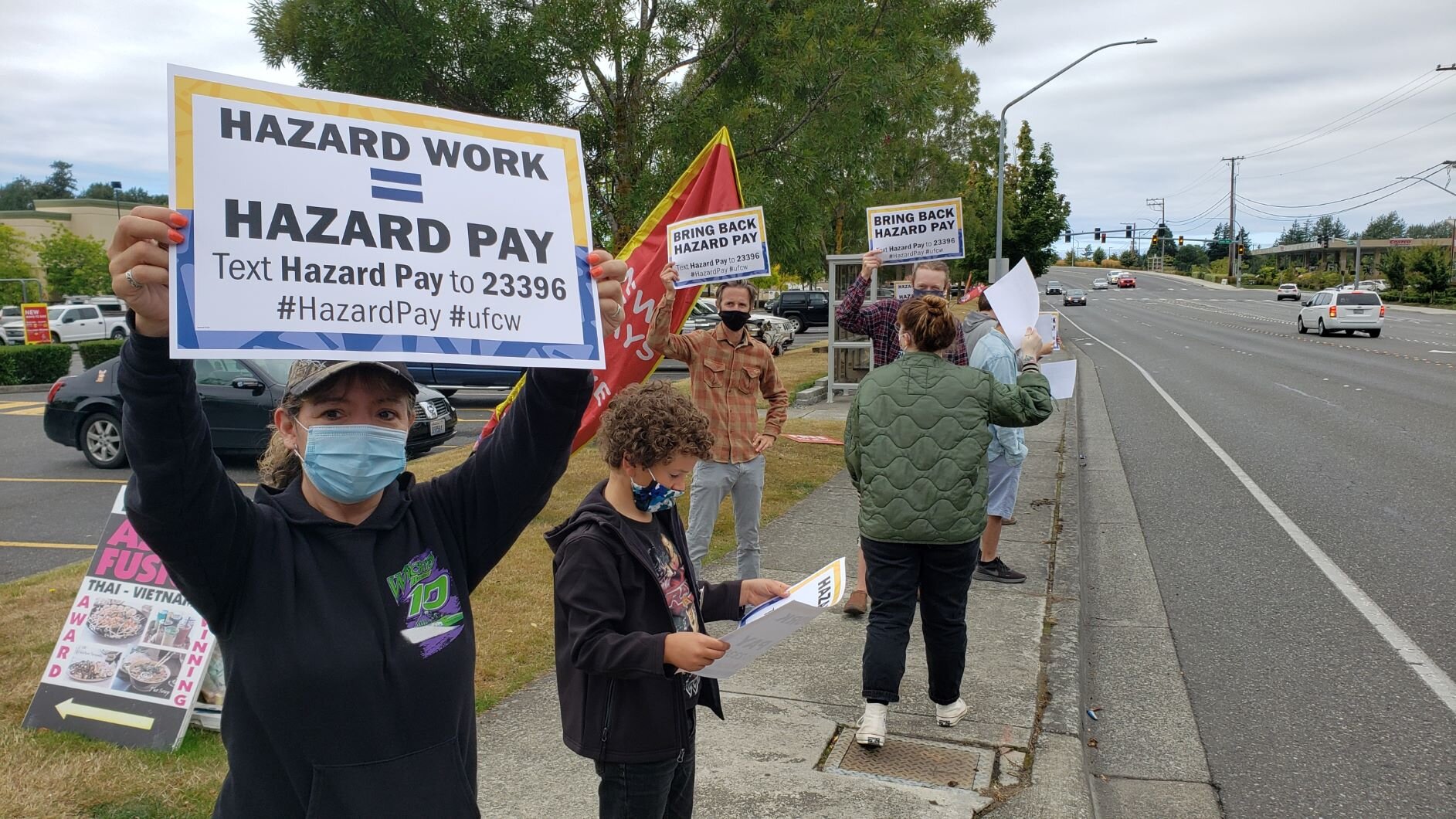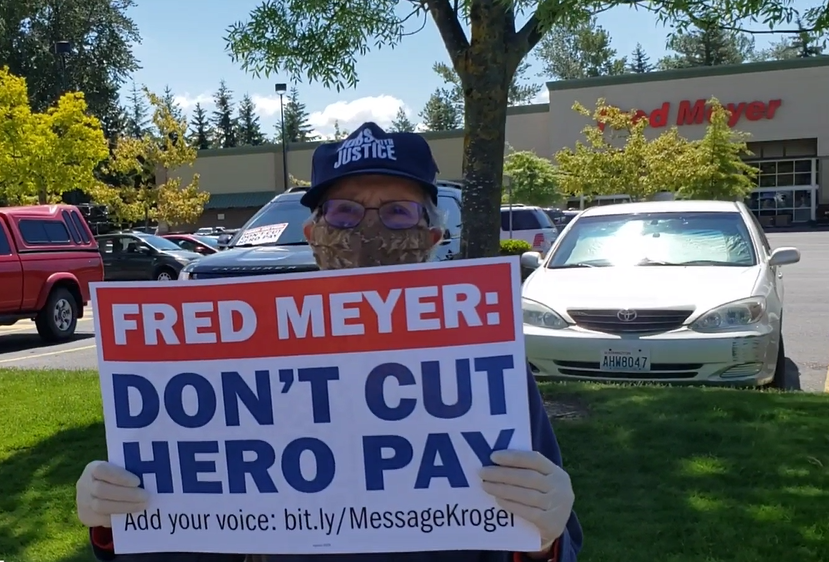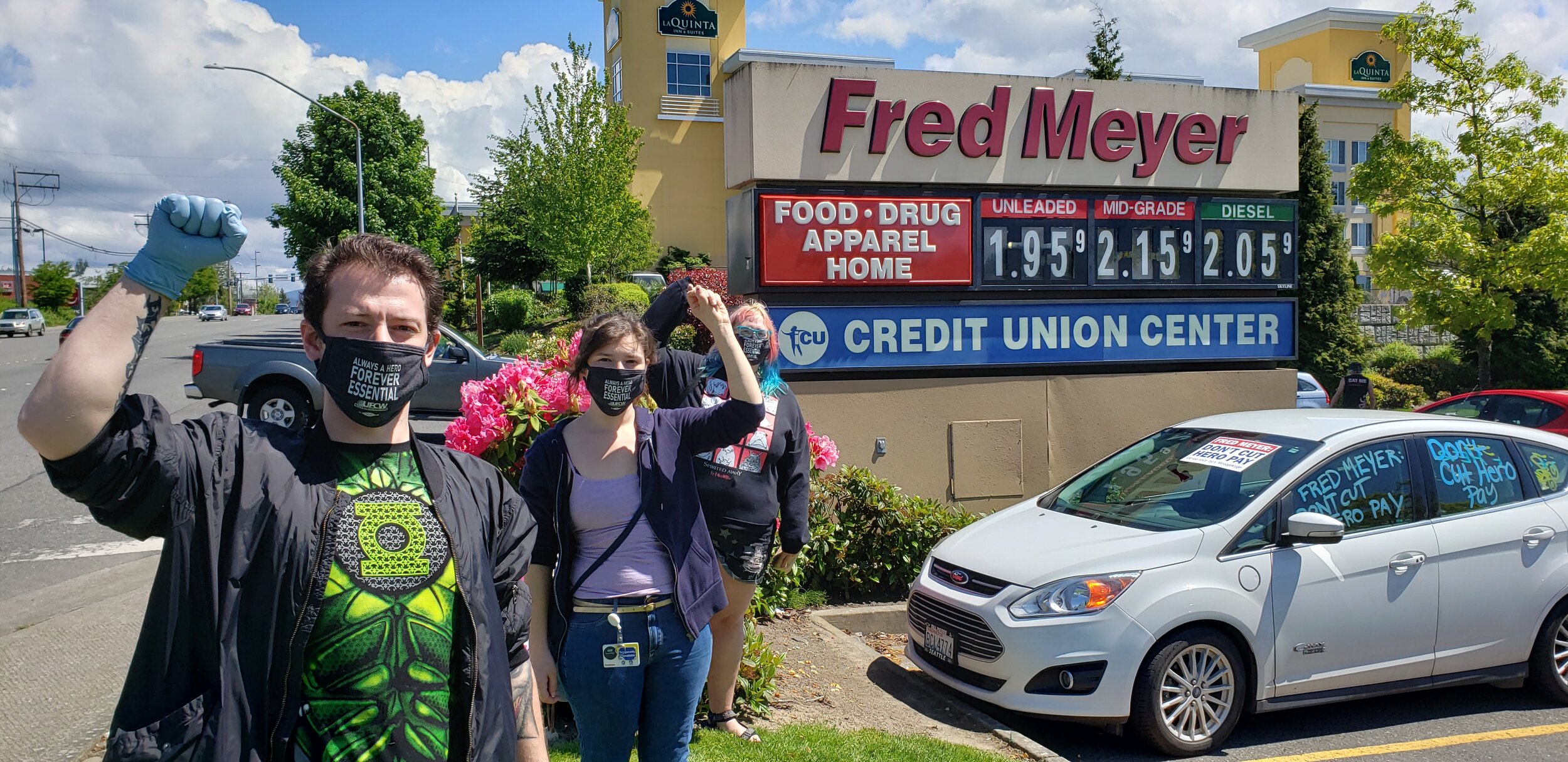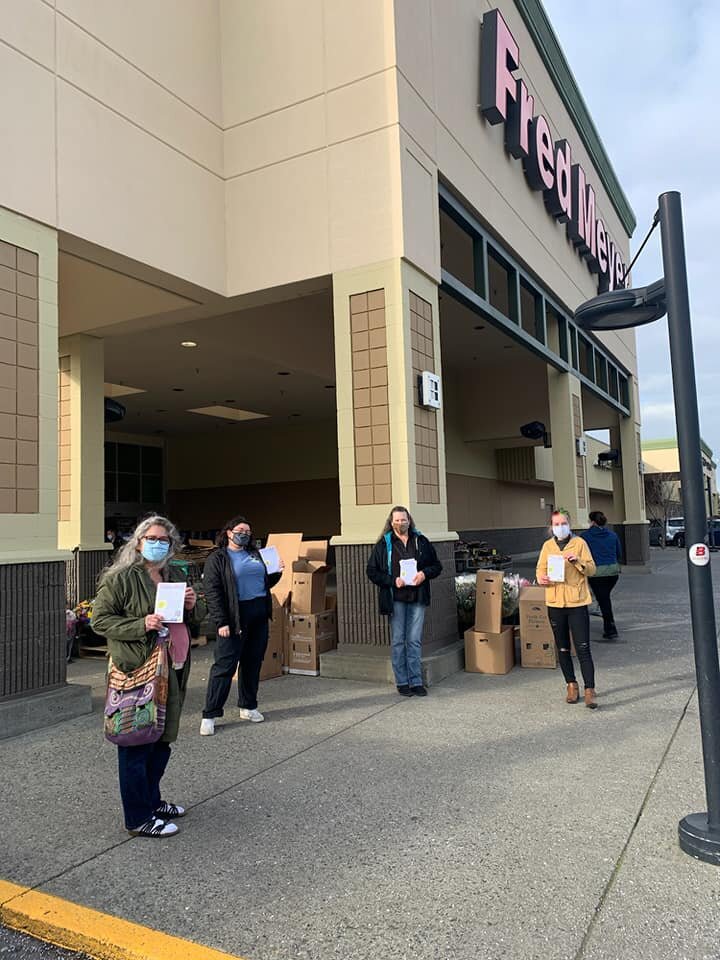UFCW 21 Endorses Nikkita Oliver for Seattle City Council
/UFCW 21 PRESS RELEASE
For Immediate Release: Date
Contact: Tom Geiger, 206-604-3421
One of Region’s Largest and Most Influential Labor Unions Endorses Nikkita Oliver for City Council Seat
Seattle, WA – Adding significant momentum for Nikkita Oliver’s bid in Seattle’s At-Large Position 9 City Council race, UFCW 21 today announced its endorsement. UFCW 21 represents nearly 50,000 workers across the state in grocery store, health care, retail, and other industry jobs. The union represents over 10,000 workers who either live in, or are employed in, the City of Seattle. The union has been a leader in most of our city and region’s largest workplace and social issue efforts over the last decade – from higher wages, Paid Sick and Safe Leave Paid Family Leave, Secure Scheduling, to greater protections in the COVID 19 pandemic, as well as strongly supporting efforts to reform policing, and improve equity in housing and in cannabis legalization.
“We are excited to endorse Nikkita Oliver and look forward to educating voters across the city on their record of helping the working people of the Seattle,” stated Jeannette Randall, a grocery store worker from Seattle and UFCW 21 member. “We know that having Nikkita on the Council, who will complement Teresa Mosqueda as the other at-large council member, will fight to give a fair shot to those of us who want to afford to live and work in Seattle.”
Oliver reacted to the endorsement: "UFCW 21 has been at the forefront of pushing our elected officials towards bold, equitable policies. During the COVID-19 pandemic, the union was key in ensuring the health and safety of essential, frontline workers throughout the state. As a Seattle City Councilmember, I would be honored to continue to fight alongside them for workers' rights, housing justice, and cannabis equity. The power of organized labor and movements for racial justice is undeniable. Together, we can push for the redistribution of political and economic power to working people in our city."
“Far too often candidates for office shy away from leading on the hard, important issues. Nikkita Oliver is not the typical candidate – they have worked with us over many years, both out of the lime-light and in the streets, to improve workplace safety, to take on corporate power, to increase worker protections in the cannabis industry, and build support for police accountability,” said Zion Grae-El, a Budtender at Have a Heart in Seattle and UFCW 21 member. “Nikkita has continuously demonstrated commitment to speak up against injustice and foster transparent and open communication. We believe they will be a very good addition to our city council as we continue to push to address workers’ rights, housing and homelessness, racial and social inequities, and the need to further police accountability reform.”
UFCW 21 has a long history of successfully taking on corporate power and monied interests in contract negotiations as well as in the halls of government. UFCW 21 is building a more powerful union for economic, political, and social justice in our workplaces and communities. We pursue that mission through organizing workers who want a union at their job, negotiating and enforcing standard-setting contracts, partnering with other unions and organizations, and supporting candidates and then holding elected officials accountable in local, state, federal office. One way to advance the interests of working people is to elect the best candidates for office who will hold true to their word once elected. We believe Nikkita Oliver is such a candidate. To find out more about UFCW 21, our members, and our community partnerships, go to UFCW21.org










